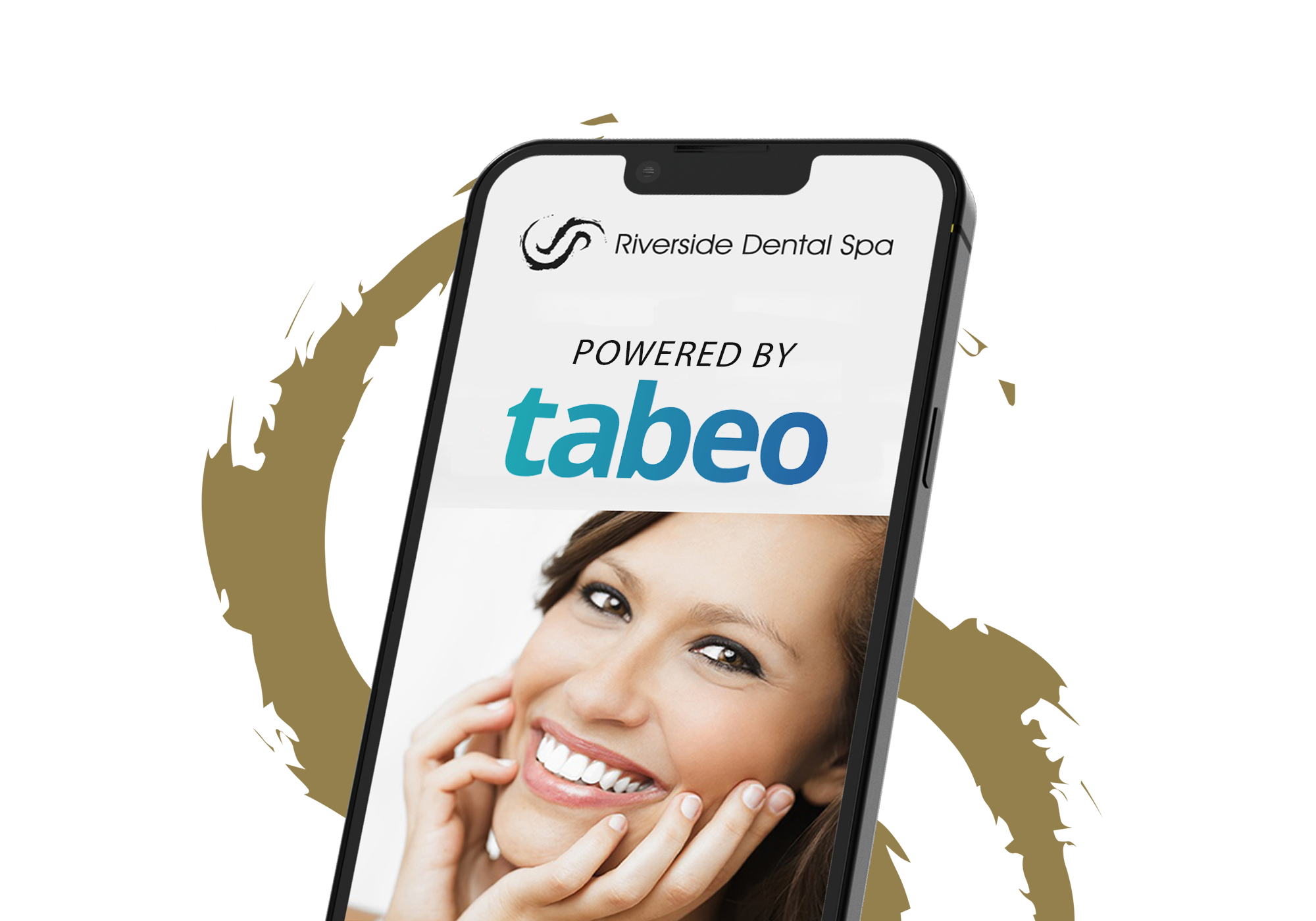Are you considering getting veneers to improve your smile this summer? Before you commit to this cosmetic dental procedure, it’s important to be well-informed with everything you need to know about the process. So, don’t miss out on a perfect, long-lasting smile with our guide to dental veneers pros and cons.
Veneer Treatment
Veneers are thin, custom-made shells that are designed to cover the front surface of your teeth and improve their appearance. Typically made from porcelain or composite resin, veneers are used to address a variety of cosmetic concerns including discoloration, chips, gaps, and misalignment with a quick, discrete procedure.
Veneers are an excellent choice for anyone looking for a quick route to a natural, more healthy-looking smile, but it's important to weigh up the dental veneers pros and cons before committing to any treatment: so, what makes veneers the best choice for you?
The Pros
- Natural looking - Made from porcelain or composite resin, our veneers are designed to get rid of all stains, chips, and minor misalignments by mimicking the natural, light-reflecting properties of natural teeth. They are also custom-made to match the colour, shape, and size of your existing teeth to restore your smile to its natural appearance.
- Stain resistance - The porcelain used in our veneers does not stain in the same way that natural teeth do. Whilst teeth absorb pigments from coffee, tea and red wine, veneers resist the stains left by these common substances, and are perfect for those looking to improve their smile without committing to routine cleanings.
- Long-lasting reliability - The longevity offered by this treatment makes veneers a lasting investment in your smile. Their durable composition means that they are able to withstand the daily wear and tear of biting and chewing without becoming chipped or worn, and with routine checkups and good dental hygiene you can enjoy the benefits of veneers for over a decade without damaging or staining them.
- Quick results - Achieve a perfect smile in just a few visits with our veneers treatment - the perfect quick solution to your dental problems. We offer composite veneers which are fitted chair-side in a single, transformative appointment, or ceramic veneers which are completed in two stages. So, whichever option you go for, our speedy treatment process means that you can quickly address issues and enjoy an improved smile without extensive dental work or long waiting periods.
- A range of choices - From a single veneer for a chipped tooth to multiple veneers for a complete smile restoration, we offer veneer treatments to meet your specific needs. Many of our patients opt for six to eight veneers to achieve an even, symmetrical smile, but the flexibility of our treatments allows you to treat as many or as few teeth as you choose.
The Limitations
When it comes to evaluating dental veneers pros and cons, it is clear that the positives associated with the treatment vastly outweigh any negatives - but it is important to have a good understanding of both in order to make the best decision for you. So, what are the limitations or potential drawbacks of opting for veneers?
- Irreversible procedure - One of the biggest benefits of veneers can also be seen as its biggest drawback - its permanency. The treatment involves removing a thin layer of enamel from your teeth to make sure that the veneers fit properly, so if you are planning on committing to veneers make sure that you talk to a member of our team about the long-term implications before proceeding with this treatment.
- Colour mismatch - Another potential drawback is the possibility of a colour mismatch if you have your teeth cleaned in the future. Once the veneers are fitted, their colour cannot be altered, which means that if you choose to whiten your natural teeth then the veneers may no longer match. To avoid this, have your teeth cleaned and check that you are happy with the tooth shade before getting veneers to help the veneers to blend into your smile rather than stand out.
- Veneers or crowns - Whilst veneers are less invasive, require minimal enamel removal, and are ideal for cosmetic enhancements, they may not be suitable for severely damaged teeth or structural issues. Crowns, on the other hand, cover the entire tooth and provide better protection for teeth that are significantly decayed or damaged, so if you are looking for purely aesthetic improvements then veneers are the best choice for you, whilst crowns are a better option for fixing extensive damage.
Ready to transform your smile?
While there are considerations to keep in mind, the benefits of veneers - including their durability, natural appearance, stain resistance, and quick results - make them a popular choice for many. So, if you’re ready to get started with the treatment, or you would like a little more information on the dental veneers pros and cons, visit Riverside Dental Spa today to get in touch with our team or schedule your initial consultation.



